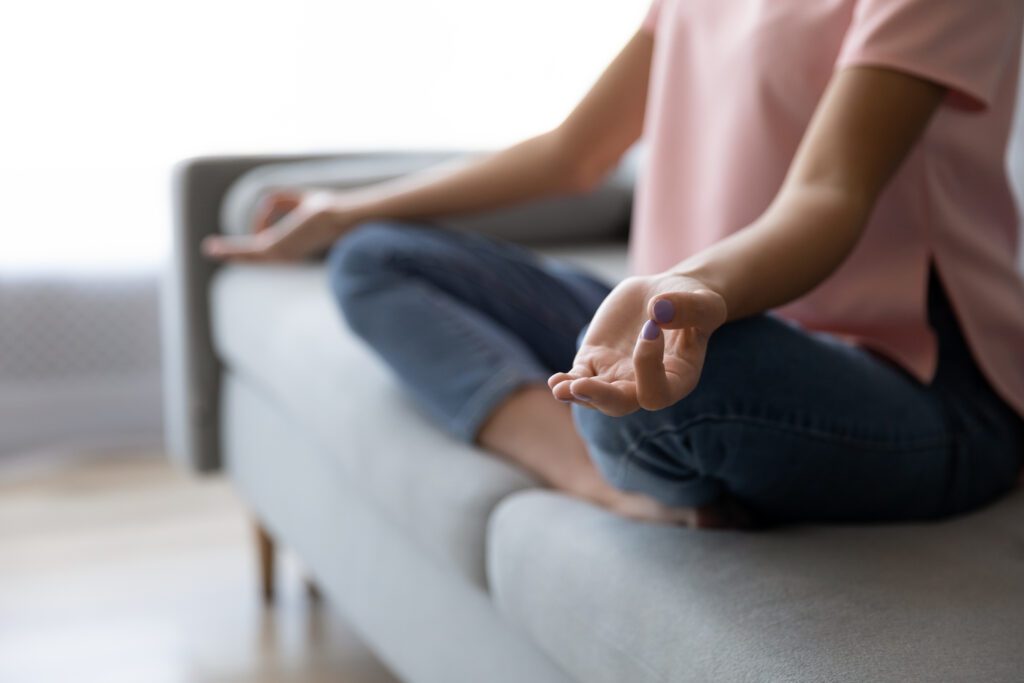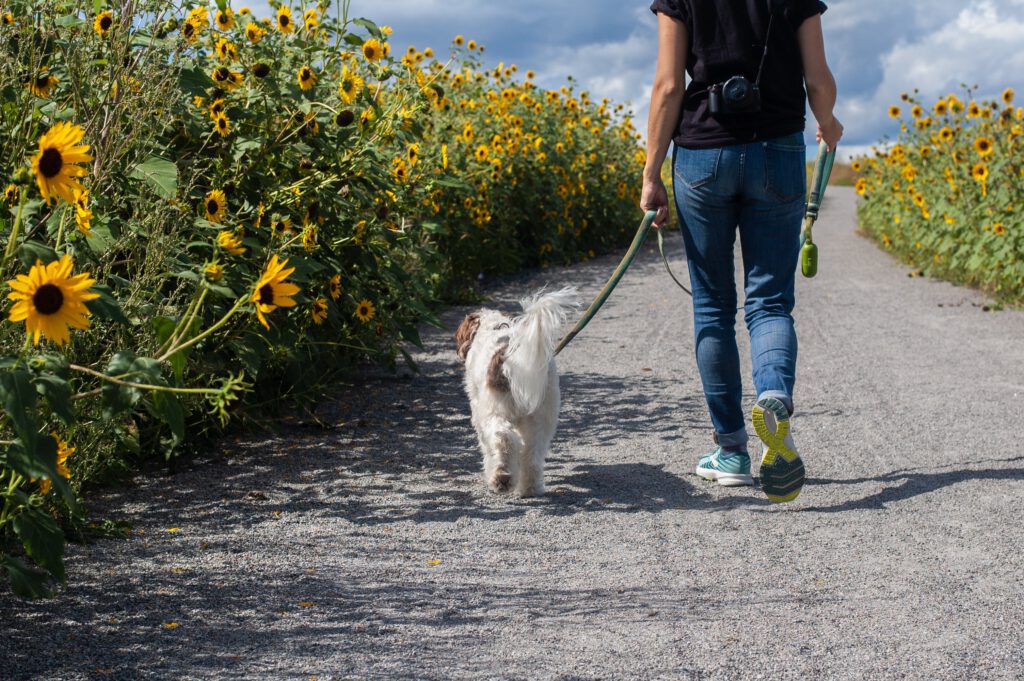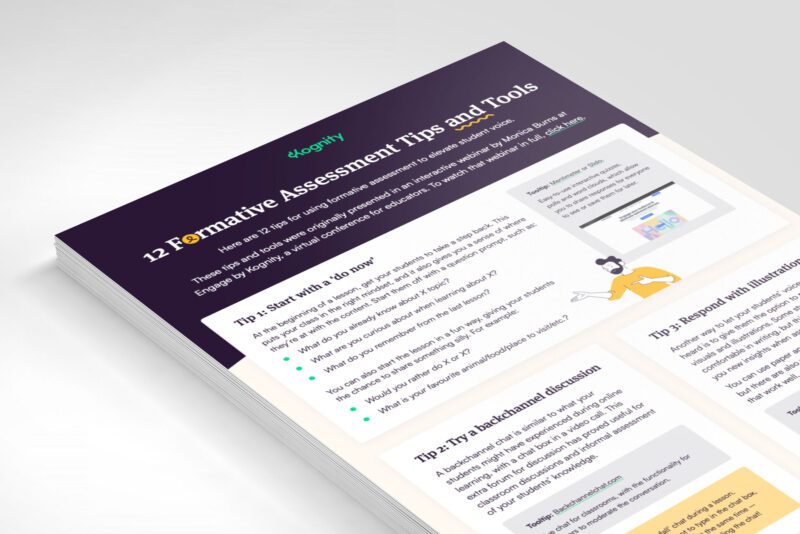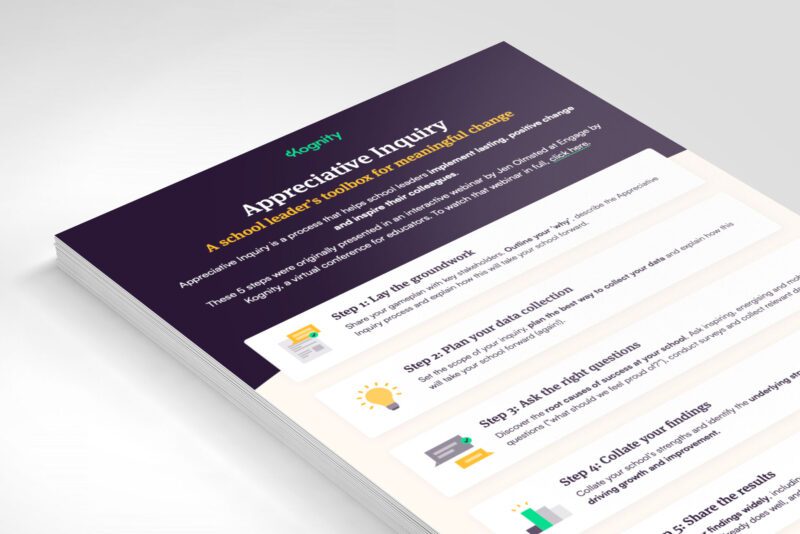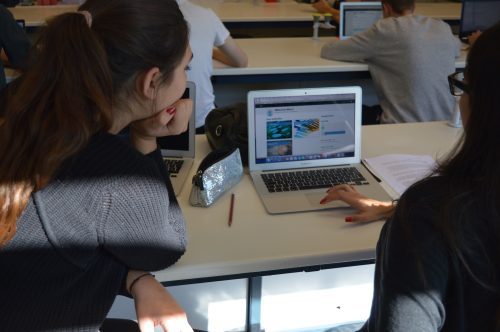Rest and recharge: tips for switching off over the summer
Why is it so important to rest and recharge properly?
As we reach the end of another challenging year, it’s time for teachers to take a well-deserved break. But switching off your ‘work brain’ is easier said than done. It can take time to wind down after juggling so many tasks and responsibilities every day.
On an average day, the brain uses more energy than any other organ. This is why working at your computer can feel just as tiring as physical exercise.
Stress and overload accentuates the problem, as it triggers the release of hormones. Those natural built-in alarm systems can be helpful, but over a long period they can result in structural changes to the brain, even affecting the function of other organs.
Adrenaline makes your heart beat faster. As a result, you get tired faster. Cortisol can derail digestion, sleep, memory and concentration, as well as increasing the appetite for comfort food. It takes time to reverse these effects, so it’s important to be patient with yourself.
As a pastoral leader at an international school, I take a keen interest in wellbeing and stress management for the entire school community. Here are my top tips for calming the mind and making the most of your time away from the classroom.
1. Disconnect from work
Try locking away your computer and any other work devices. If you don’t trust yourself, give the keys to a loved one. Put your phone on airplane mode when possible. Even in a resting state, the brain consumes about 20% of the body’s energy, so try to avoid to-do lists, important decisions, deep thought or intense emotion. You and your brain need to relax in order to truly unwind.
2. Break your routine
Your brain cannot switch easily from hyperactivity to rest. When it is not occupied, it will start to wander and wonder again. Months of unnoticed physical discomfort and repressed emotions can emerge, potentially making you feel unwell or unhappy. Changing your routine or environment will stimulate your brain in a different way, smoothing your transition into a slower pace.
3. Reconnect with nature
Ride a bike in the countryside, go hiking, take a walk on the beach… or if you are in the city, try urban gardening! You could even try “forest bathing” or Shinrin-yoku, a Japanese practice that involves sensory immersion in nature. Being in nature restores our powers of concentration, reduces stress and improves our physiological functioning.
4. Enjoy the sun
After weeks and months working indoors, your body is probably in need of some vitamin D. Vitamin D supports the immune system, as well as maintaining healthy bones and teeth. So if the sun is out, make the most of it – but don’t forget your sunscreen!
5. Sleep (but not too much!)
It’s common to feel exhausted once the term is over, and it can be tempting to stay in bed for a few days. Unfortunately, sleeping in all day doesn’t reverse the effects of a lack of sleep. Take short naps if you like, but be careful not to overindulge. By sticking to a regular sleep routine, you should be able to eliminate your sleep debt within nine days.
6. Have some unapologetic ‘me time’
Balancing work obligations alongside your home life can be a huge challenge during term time. You are long overdue some time for yourself, without worrying about others. Whether it’s a getting a massage, taking a bath, or treating yourself to an experience to share with your loved ones… make sure you take the time to fully indulge in something that’s meaningful to you.
7. Rediscover cultural experiences
Go to a concert, visit a museum, watch a play, travel to somewhere you have never been before… Let yourself be transported and inspired by new cultural experiences, and escape your day-to-day for a while.
8. Get some exercise
Move! Physical activity triggers the release of endorphins in the brain. Even a light stroll can be enough to increase your heart rate – in fact, walking is one of the best forms of exercise you can do.
9. Express your creativity
Paint, write, draw, play music, cook… When you enter your own imaginary world, you can express the thoughts you might usually ignore. This can be very cathartic. Creativity activates the part of your brain that heightens just one of your senses and blocks everything else out, helping you to pay closer attention to details you might usually overlook.
10. Choose quality over quantity
Don’t treat holidays as a make-or-break opportunity to catch up on your annual quota for exercise, reading and other activities. Slow down, focus on wellbeing and savour the moment. Don’t try to pack too much in, or you’ll end up creating extra stress. Try making only vague plans. Let life take you by surprise, in the best possible way!
“A vacation is having nothing to do and all day to do it in.” Robert Orben
Download this infographic as a reminder for your upcoming break!
About the author
Ingrid Delange is a passionate and highly experienced IB educator, a pastoral and sustainability leader and an author for both Kognity and the IB. She is currently a founding member of a school in South China, where she is creating an ambitious pastoral framework to develop a cohesive spirit between the local and international sections of the school.
Blog articles Guides



